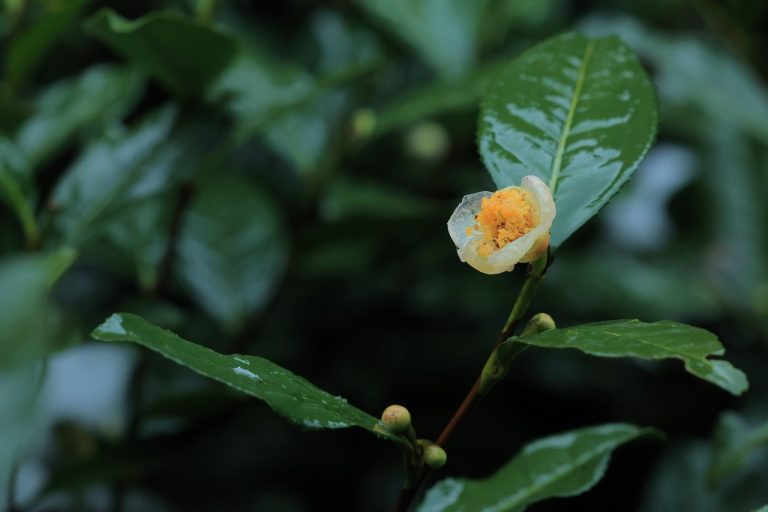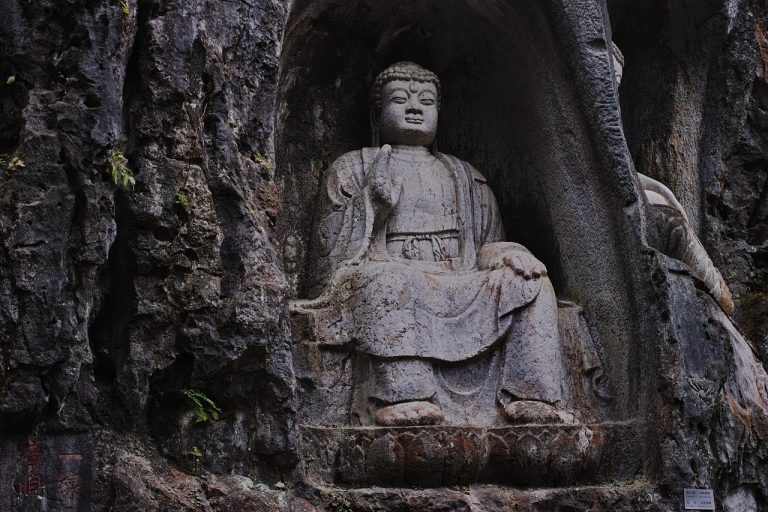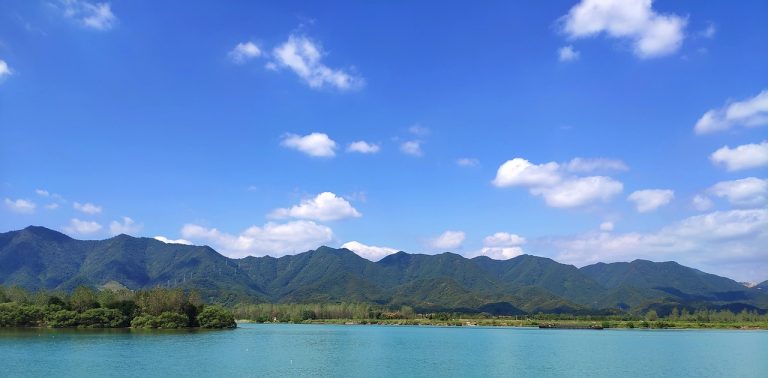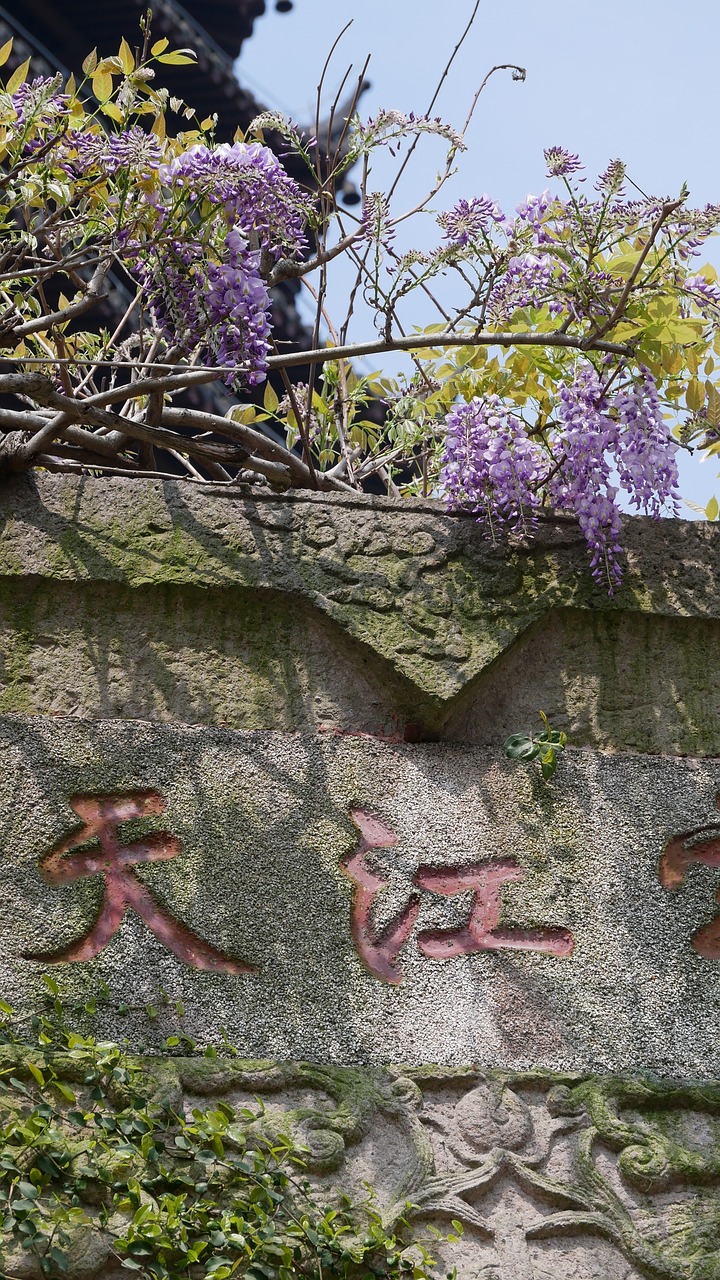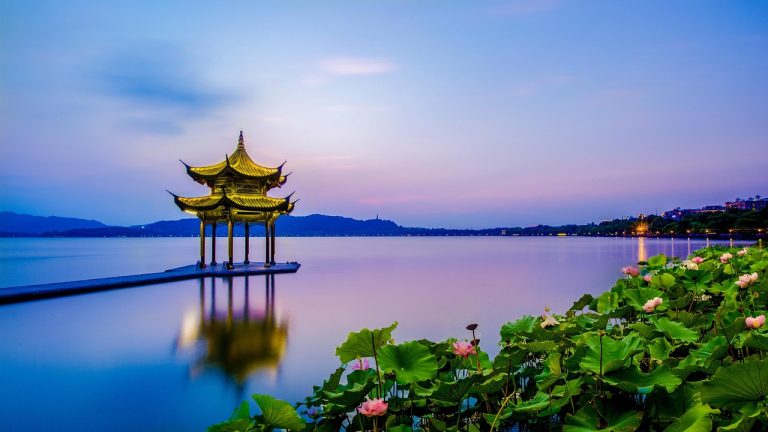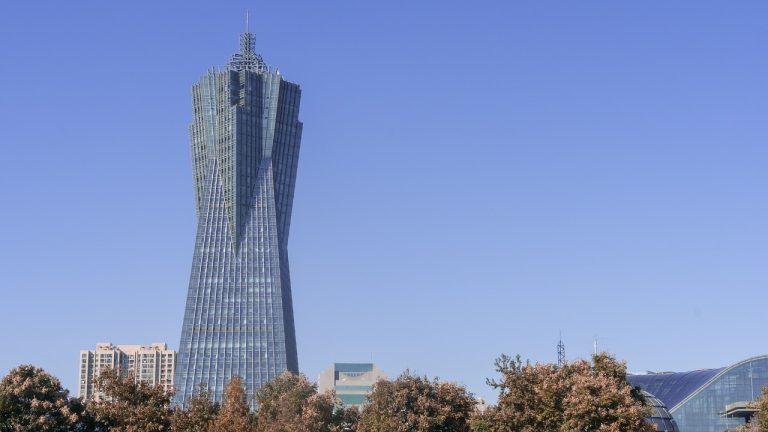Hangzhou China Video
The Cultural Evolution of Hangzhou China
Hangzhou, the capital of Zhejiang Province in China, is a city with a rich history and a vibrant cultural scene. Over the years, Hangzhou has undergone significant cultural evolution, shaping its identity and contributing to its status as a major cultural hub in China. From its ancient roots as a prosperous capital during the Southern Song Dynasty to its modern-day prominence as a center for technology and innovation, Hangzhou has experienced a remarkable transformation. In this article, we will explore the cultural evolution of Hangzhou, highlighting key aspects of its history, art, literature, cuisine, and more.
Ancient Roots: Southern Song Dynasty (1127-1279)
- West Lake: West Lake, a UNESCO World Heritage Site, is a symbol of Hangzhou’s cultural heritage. Surrounded by lush greenery and dotted with pagodas and temples, it has inspired countless poets, painters, and scholars throughout history. The lake’s serene beauty continues to captivate visitors today.
- Silk Production: Hangzhou was renowned for its silk production during the Southern Song Dynasty. The city’s silk industry thrived, producing high-quality silk fabrics that were highly sought after both domestically and internationally.
- Tea Culture: Hangzhou’s tea culture flourished during this period, with the city becoming famous for its Longjing tea. Longjing tea, also known as Dragon Well tea, is considered one of the finest green teas in China and is celebrated for its delicate flavor and aroma.
Renaissance: Ming and Qing Dynasties (1368-1912)
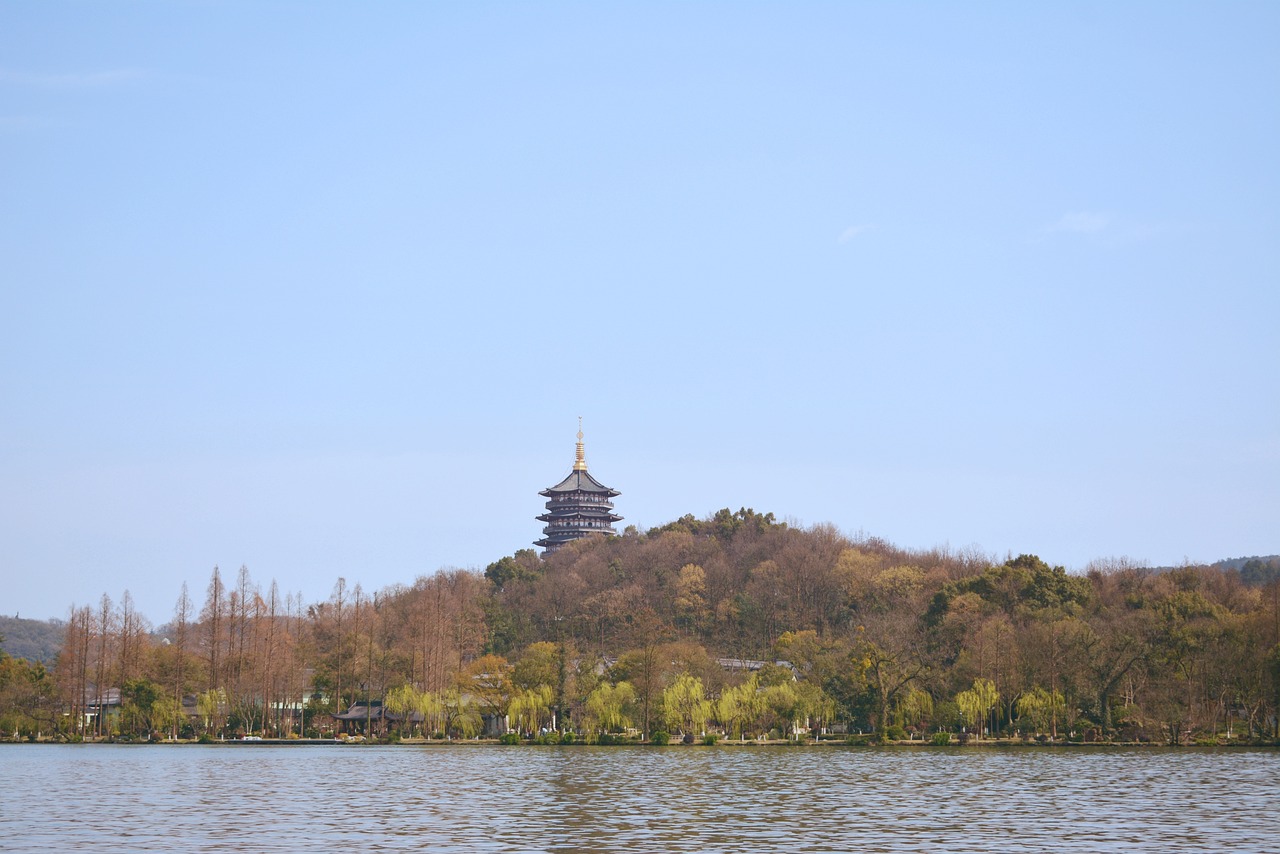
During the Ming and Qing Dynasties, Hangzhou experienced a cultural renaissance, with advancements in art, literature, and architecture. This era witnessed the construction of magnificent temples, gardens, and imperial palaces, leaving behind a lasting legacy that showcases the city’s cultural prowess.
- Feilai Feng: Feilai Feng, also known as the Peak Flown From Afar, is a famous attraction in Hangzhou. It is home to numerous ancient Buddhist grottoes carved into the cliffs, showcasing exquisite sculptures and artwork.
- Wulin Square: Wulin Square, located in the heart of Hangzhou, is a bustling urban square that serves as a center for cultural activities. It hosts various events, including music performances, art exhibitions, and cultural festivals.
- Qinghefang Ancient Street: Qinghefang Ancient Street is a well-preserved historical street that dates back to the Song Dynasty. It offers a glimpse into Hangzhou’s past with its traditional architecture, shops selling local crafts, and teahouses.
Modern Transformation: 20th Century Onwards
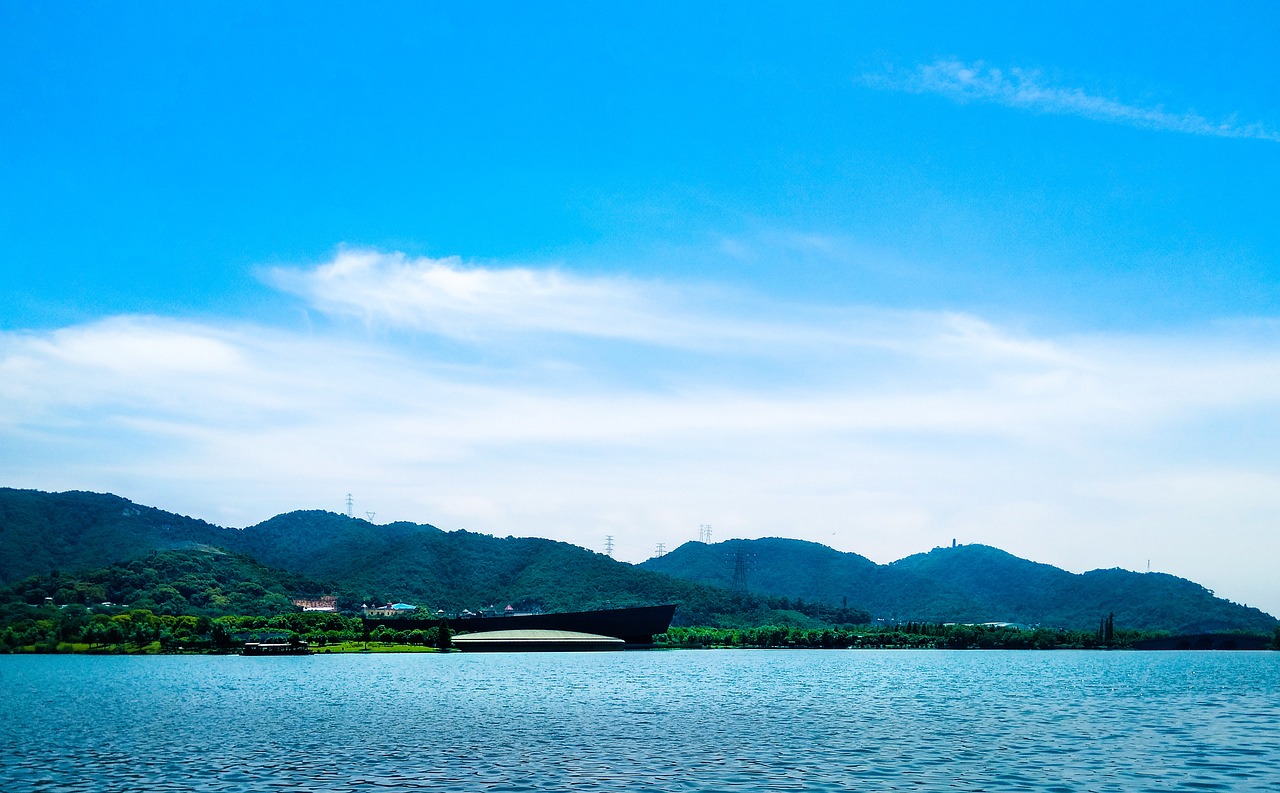
In the 20th century, Hangzhou witnessed rapid urbanization and modernization, leading to a transformation of its cultural landscape. The city embraced industrialization and technological advancements while still preserving its traditional heritage.
- Hangzhou Grand Theatre: The Hangzhou Grand Theatre is a modern architectural marvel that showcases a blend of traditional Chinese elements and contemporary design. It hosts a variety of performing arts events, including operas, ballets, and concerts.
- China National Tea Museum: Hangzhou is home to the China National Tea Museum, which highlights the country’s tea culture and history. The museum features exhibitions on tea production, tea ceremonies, and the various types of tea found in China.
- Hangzhou Cuisine: Hangzhou is renowned for its cuisine, which is characterized by delicate flavors and fresh ingredients. Signature dishes include Dongpo pork, West Lake vinegar fish, and beggar’s chicken.
A Center for Innovation: Technology and Startups
Hangzhou has emerged as a center for innovation and entrepreneurship in recent years, with the establishment of numerous technology companies and startups.
- Alibaba Group: Hangzhou is the hometown of Alibaba Group, one of the world’s largest e-commerce companies. The company’s success has not only contributed to the city’s economic growth but has also fostered a culture of innovation and entrepreneurship.
- Hangzhou Future Sci-Tech City: Hangzhou Future Sci-Tech City is a technology park that serves as a hub for research and development. It attracts tech companies and startups, driving innovation and creating a dynamic ecosystem for technological advancements.
- West Lake International Animation Festival: Hangzhou hosts the West Lake International Animation Festival, an annual event that showcases the latest developments in animation and digital media. The festival attracts industry professionals and enthusiasts from around the world.
Preserving Cultural Heritage: Museums and Galleries
Hangzhou is home to a diverse range of museums and galleries that preserve and showcase its rich cultural heritage.
- Zhejiang Museum: The Zhejiang Museum houses a vast collection of artifacts, artworks, and historical relics that reflect the region’s history and culture. It offers a comprehensive overview of Hangzhou’s cultural heritage.
- China Academy of Art: The China Academy of Art, located in Hangzhou, is one of the most prestigious art institutions in China. It fosters artistic talent and promotes the development of contemporary art through its exhibitions and programs.
- Hangzhou Library: The Hangzhou Library is not only a repository of knowledge but also a cultural hub. It hosts literary events, book clubs, and exhibitions, nurturing a love for literature and promoting cultural exchange.
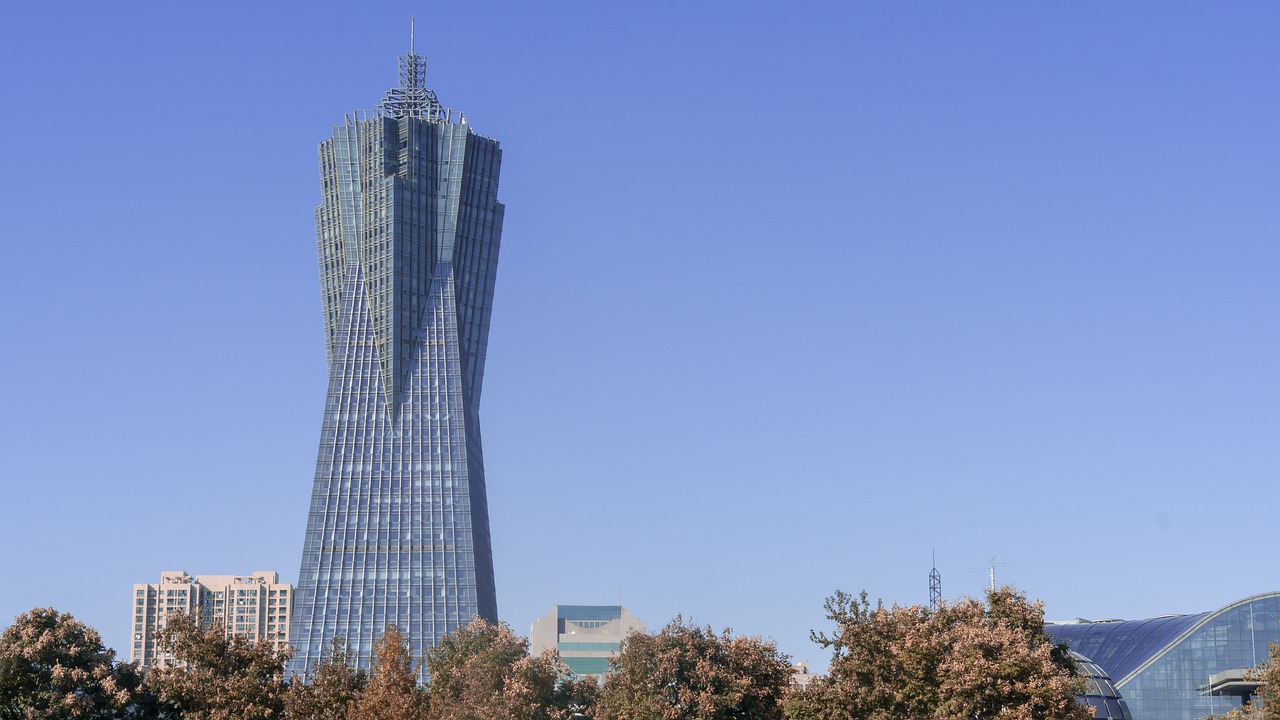
Celebrating Festivals and Traditions
Hangzhou celebrates a variety of festivals and traditions throughout the year, providing a glimpse into its vibrant cultural tapestry.
- Dragon Boat Festival: The Dragon Boat Festival, also known as Duanwu Festival, is celebrated with great enthusiasm in Hangzhou. The festival features dragon boat races, traditional food like zongzi, and cultural performances.
- Mid-Autumn Festival: The Mid-Autumn Festival is a time for family reunions and appreciation of the moon’s beauty. Hangzhou residents gather to enjoy mooncakes, admire the full moon, and participate in lantern parades.
- West Lake International Fireworks Festival: The West Lake International Fireworks Festival is a dazzling display of fireworks that illuminates the night sky over West Lake. It attracts visitors from around the world, creating a festive and vibrant atmosphere.
Conclusion
Hangzhou’s cultural evolution is a testament to the city’s ability to embrace change while preserving its rich heritage. From its ancient roots during the Southern Song Dynasty to its modern-day status as a center for technology and innovation, Hangzhou continues to captivate visitors with its diverse cultural offerings. Whether exploring historical sites, indulging in local cuisine, or witnessing technological advancements, Hangzhou offers a unique blend of tradition and progress.
References
– West Lake Cultural Landscape of Hangzhou: whc.unesco.org
– Hangzhou Grand Theatre: hangzhougrandtheatre.com
– China National Tea Museum: teamuseum.cn
– Alibaba Group: alibaba.com
– Hangzhou Future Sci-Tech City: fstc.gov.cn
– Zhejiang Museum: zjmuseum.com
– China Academy of Art: chinaacademyofart.com
– Hangzhou Library: hzlib.net


